The Recording Academy has finally embraced the change in the music industry by announcing that streaming-only albums will now be eligible for a nomination. But there are still some riders attached to it.
The formal announcement regarding the change was made today via a press release by the Academy. It is one of five big changes that will be implemented immediately. The 59th annual Grammy Awards are set to take place February 12, 2017. Under the new rule, artists like Chance The Rapper will benefit immediately. His latest project Coloring Book was released for free on Apple Music for streaming only, debuting at #8 on Billboard 200 with 38k streaming equivalent copies moved in the first week.
“Our trustees felt like the time had come; it’s been on our radar for a couple of years now,” said Recording Academy SVP of Awards Bill Freimuth about the change in attitude away from retail-only releases. “The goal was to include recordings that were worthy of Grammy consideration that were streaming-only — which it turns out were a pretty small number — and exclude the 12-year-old singing a Beyonce cover into her comb that’s easy to put up online also these days for streaming.”
Here are the formal rules for streaming only recordings:
Previous eligibility guidelines required recordings to be commercially available via general distribution or digital recordings/downloads, thereby precluding works released solely through streaming services. The eligibility guidelines have been revised to include recordings released via streaming platforms, and are updated as follows:
Release Date: Recordings (albums/singles) must be available to the public nationwide as stand-alone purchases or streams between Oct. 1, 2015, and Sept. 30, 2016. Imports are not eligible.
General Distribution: Works must be released via general distribution, defined as the nationwide release of a recording via brick and mortar, third-party online retailers, and/or applicable digital streaming services. Applicable streaming services are paid subscription, full catalogue, on-demand streaming/limited download platforms that have existed as such within the United States for at least one full year as of the submission deadline. All recordings entered must have an assigned International Standard Recording Code (ISRC).
Digital Recordings: Recordings released nationwide via download or streaming service must have quality comparable to at least 16-bit 44.1 kHz. Submissions sent to The Academy for consideration must also include both the original file and the product, proper label credits (producer, mixer, songwriter, etc.) in the metadata file, and a verifiable online release date.
Recordings must be non-infringing, original works of authorship. To the extent a recording embodies in whole or in part the copyrighted work of a third party, appropriate authorization to use and incorporate such copyrighted work must have been obtained. If allegations are made that a recording is unauthorized and does not meet these criteria, The Academy will consider the allegations and determine, in its sole discretion, the eligibility of such recording.
Under the new guidelines, any recording released to at least one of the “majors” of the streaming space like Spotify, Apple Music, Tidal or Google Play would qualify as a release in general distribution. Services like Soundcloud Go which have not had a full year by the Sept. 30 cutoff, would not be eligible. YouTube-only releases and mixtapes released for free via sites such as Datpiff or LiveMixtapes are also not eligible under the rules.
The rule amendment will make Chance The Rapper eligible for Grammy consideration for the first time as a lead artist in 2017.
The Academy has also made changes to the “Best New Artist” category, removing guidelines having the necessity for an artist to have released an album within the eligibility period. The new rules say an artist “must have released a minimum of five singles/tracks or one album, but no more than 30 singles/tracks or three albums.”
Best Rap/Sung Collaboration has been amended to Best Rap/Sung Performance, which will allow for not just collaborations between two artists, but also for solo tracks that feature both singing and rapping. Drake is an artist who will immediately benefit out of this.
“The artist that I hear most often in reference to this is Drake,” Freimuth said. “He does a lot of singing and rapping together as a single artist, and if we required it to be a collaboration, well, it can’t be Drake featuring Drake. They would have to listen closely as to whether it was predominantly singing or predominantly rapping as to whether it would go into the R&B or Rap [fields]. And now it’s a much more comfortable fit.”
The number of categories in which a voter may vote now has also been decreased from 20 to 15. Full statement is as follows:
To encourage members to vote only in those categories in which they are most knowledgeable, passionate, and qualified, while keeping in mind that certain genre fields contain several distinct award categories, the number of categories in which Academy members may vote has decreased from 20 to 15, plus the four General Field categories (Record Of The Year, Album Of The Year, Song Of The Year, and Best New Artist).



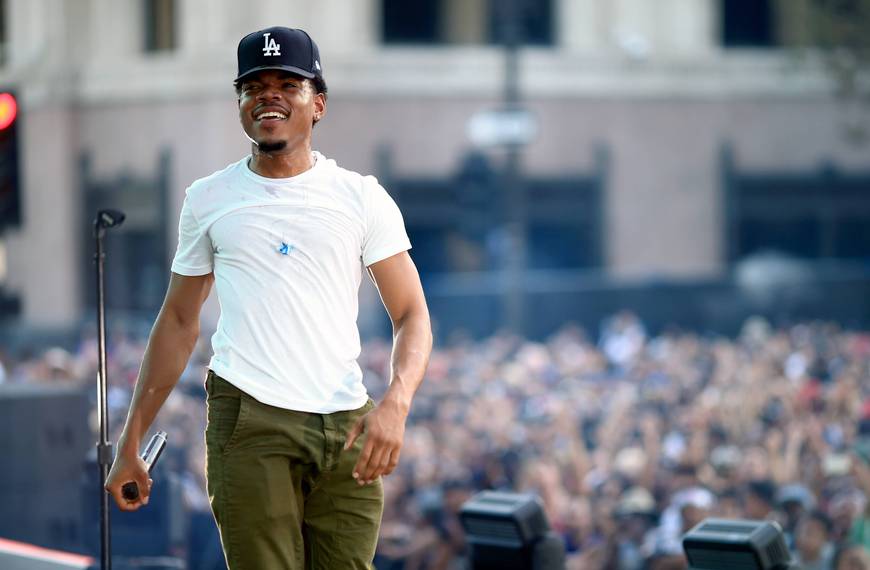
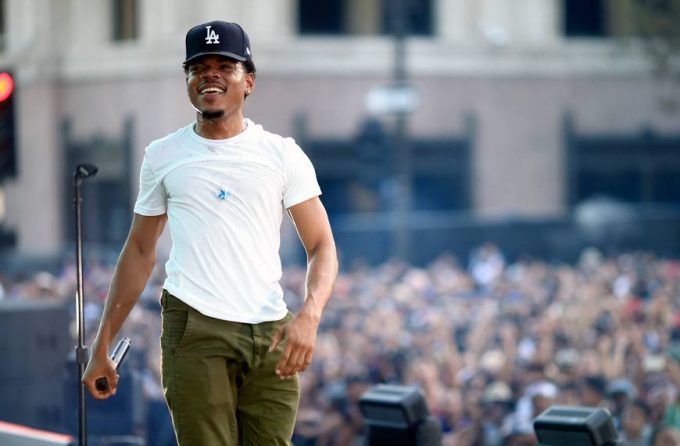
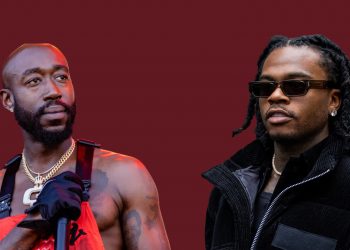

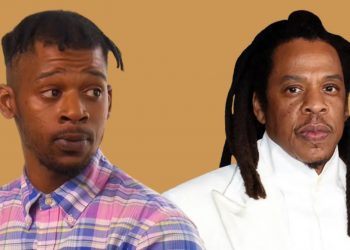

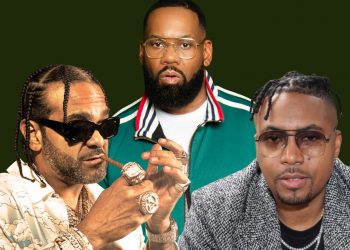
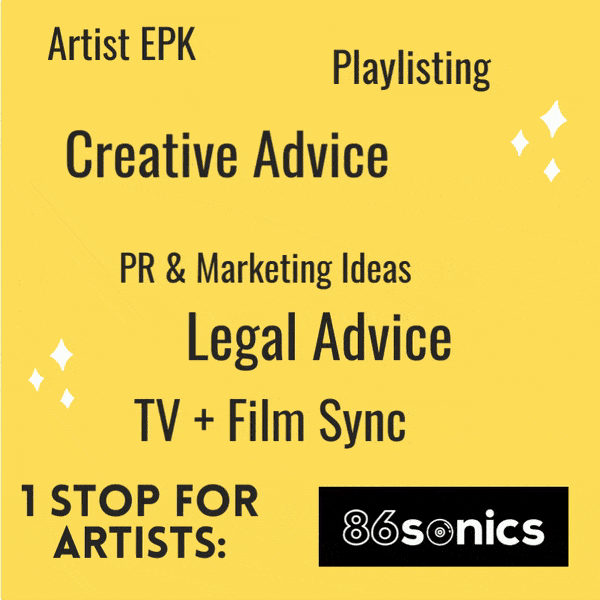

Discussion about this post